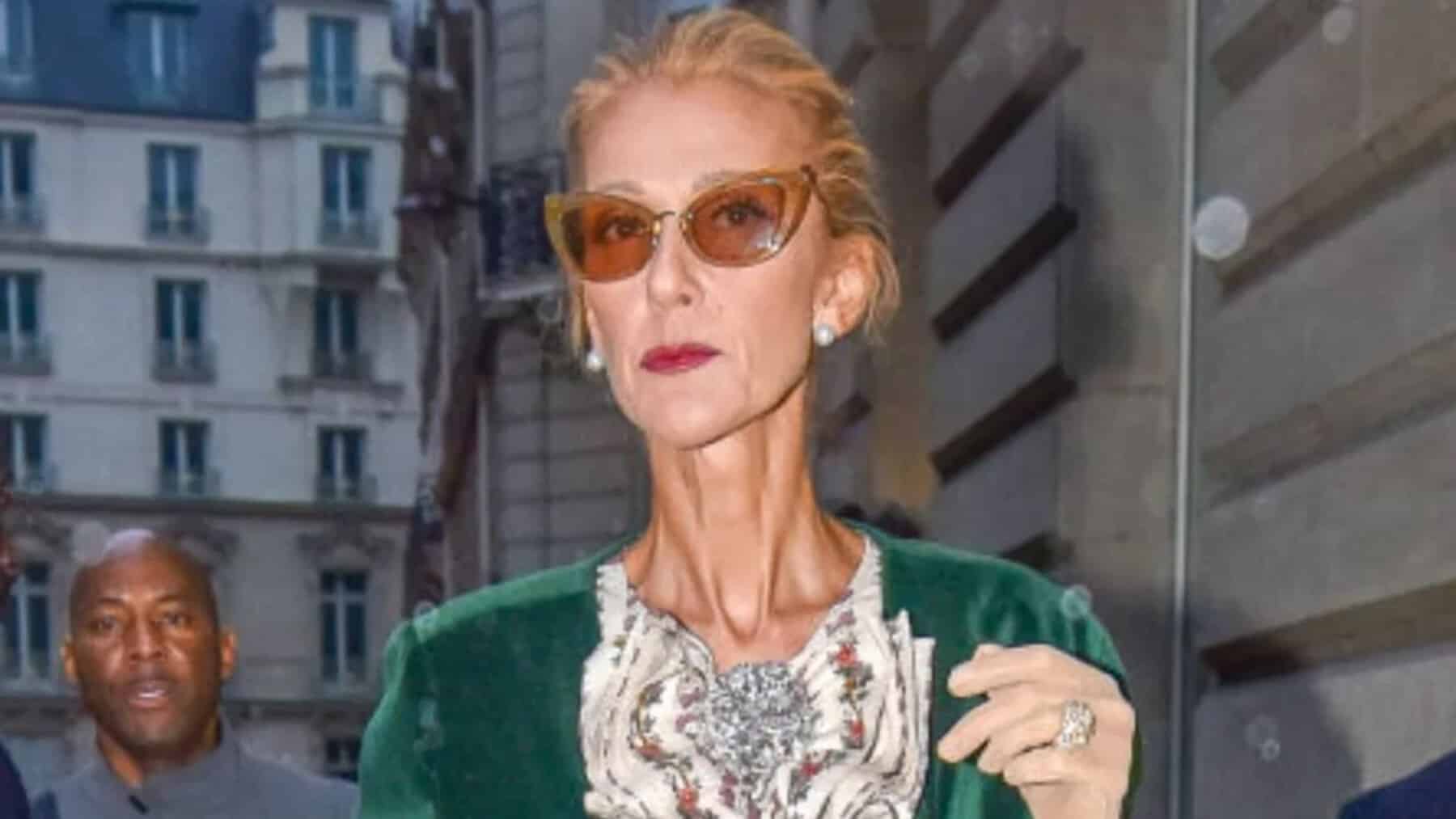The government of the Democratic Republic of Congo (DR Congo) announced on Tuesday its decision to prohibit an opposition-led demonstration scheduled for Wednesday, aimed at protesting alleged "irregularities" in the recent elections. The move comes as tensions escalate over the electoral process, with definitive results yet to be announced.
Five opposition presidential candidates had communicated their intention to organize the demonstration in a letter addressed to the governor of Kinshasa, as published on Saturday. However, citing concerns about potential disruptions, the government declared its firm stance against the planned protests.
Interior Minister Peter Kazadi emphasized the government's position, stating, "Tomorrow's demonstrations are intended to undermine the electoral process—the government of the republic cannot accept this." Kazadi assured journalists that the government would not permit such a march, heightening the existing political uncertainty in the aftermath of the elections.
With results still pending, the prohibition of the opposition-led protest adds a layer of complexity to the already charged atmosphere surrounding the electoral process. The decision raises questions about the balance between democratic rights and the government's efforts to maintain stability during this critical phase.
As the DR Congo navigates the aftermath of the elections, the government's response to opposition activities shapes the evolving narrative of political dynamics in the country. The ban on the planned protests underscores the challenges inherent in conducting transparent and contested elections, emphasizing the delicate equilibrium between governance and democratic expression.




















